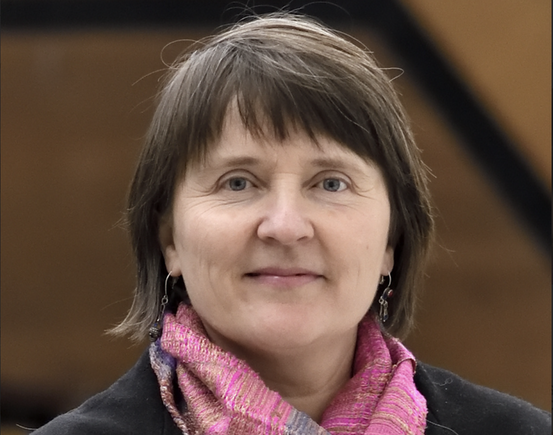The work of Anne Marchand*, which arose out of her thesis, by following and helping Seine-Saint-Denis cancer patients to recognize the professional origins of their cancer, highlights this silent epidemic. From the recognition of occupational disease to the urgency of revising our pathogenic modes of production, the sociologist highlights the value of life at work.
How did the subject of your book come about?
I have been interested in the issue of health protection at work for a long time. Maybe because I come from the rather troubled region that is Lorraine. Since I was growing up, I’ve seen a lot of demonstrations, not for occupational health, but against job cuts and the end of the steel industry. Demonstrations to recognize asbestos-related diseases followed rather quickly. When I was able to continue my studies, I wanted to understand why this issue of the obstacle course and the non-recognition of occupational diseases was repeated time and time again. The investigation I describe in detail in the book was carried out as part of Giscop93, an action research system based in Seine-Saint-Denis. Giscop works with hospital services to inform it of all their patients newly diagnosed with cancer in certain locations. In this context, I was able to support nearly 200 employees or retirees suffering from lung cancer and their loved ones in their efforts and communicate with them regularly.
What did these exchanges teach you?
For most of the people I followed, the connection between their work and cancer was very difficult to think about. Cancer in the workplace was unthinkable to them. Especially since the disease occurs decades after carcinogenic exposures, which requires a leap into the history of one’s work. And then they were not aware that they were exposed to carcinogens. On the contrary, they were convinced that they were protected by various measures: personal protective equipment, increased medical supervision or not exceeding exposure limit values. Ultimately, they were unaware that these devices were the result of social compromises rather than scientific reality. Protective means are not completely reliable. Medical supervision in no way prevents you from getting sick. It can only allow early detection of the disease. For example, when it comes to exposure limit values, there is no threshold below which there is no risk of cancer. In other words, that is, we socially accept the risk that a certain percentage of people will get sick ; we accept the idea that we need a certain number of sick people and deaths from work to produce.
How do these people fight to have their cancer recognized as an occupational disease?
Once patients have been informed by Giscop93 that they have been exposed to carcinogens, it is not always their priority to engage in a lengthy recognition process. Patients are fighting their cancer, exhaustion and trying to keep resources…
Why is this article reserved for subscribers?
For almost 30 years, Alternative Santé has been promoting the benefits of alternative medicine or complementary approaches. While they are being attacked from all sides with the greatest virulence, our mission is more important than ever to defend the next vision of health.
That is why we need you to support us in our information activities. If we want to maintain our editorial independence, only your financial support can enable us to continue our mission:
-
- it condemns scandals and disturbing abuses in the world of health, highlighting side effects
-
- about making preventive solutions and effective natural remedies known to as many people as possible
-
- defend the right of patients, healthcare users and doctors to freely choose the best medicines.
As you know, we do not advertise in our newspaper and remain free of any pressure. We want to keep all our independence, but this freedom comes at a cost.

